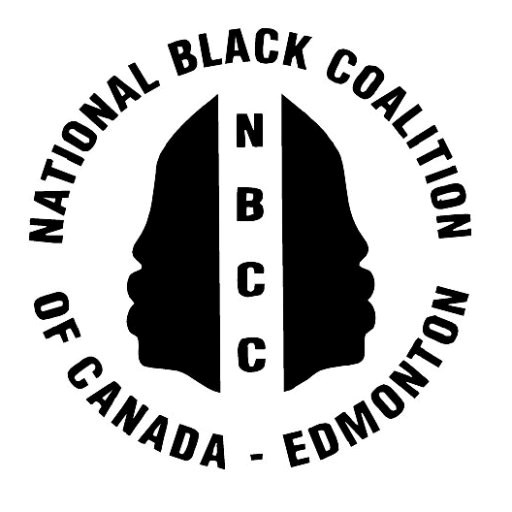In 1926 the “Father of Black History” Carter G. Woodson gave roots to Black History Month, believing it would be a weapon in the struggle for racial uplift. Woodson is the 2nd black African descendant to receive a Ph.D. from Harvard University.
In December 1995, Canada officially recognized February as Black History Month, on a motion made by a pioneer the Hon. Jean Augustine P.C., C.M., O.Ont, C.B.E. Hon Jean Augustine immigrated from St. Georges Grenada, to Canada as a qualified teacher in 1960’s. She is the first Black Canadian woman to be elected to the Canadian House of Commons.
In Alberta following a relentless campaign by MLA David Shepherd, then Premier Rachel Notley officially proclaimed February as Black History Month, on January 31, 2017.
For many modern Blacks the month-long celebration for Black History Month (BHM) offers an opportunity to reimagine what possibilities lie ahead. For many, the forces that drove Woodson nearly a century ago are more relevant than ever. Although studies show significant progress has been made, structures of inequality and systemic problems are still creating unresolved barriers today.
We can expect government, politicians, organizations, brands, businesses, and others to post statements that fill social media with blanket declarations of “celebrating” Black history and culture. Tough conversations will be held with vows to work toward deeper inclusion, then on March 1, there is a return to the status quos. This is a tiring constant that creates dissonance between language and action.
Though many Canadians may think and feel we’re past the era of systemic and casual racism, we continue to face challenges and discrimination. We are often subjected to social labels and harmful stereotypes for the entirety of our lives.
The lack of representation is a problem that extends to include the academic and employment world. To celebrate BHM is to break the cycle and search for actionable ways to address these complex and systemic issues. Incremental changes are not enough to help to overcome the barriers. A steep change in action is needed to correct the inequitable systems and processes.
Steps must be taken to improve the working experiences of Black Canadians and other racialized people. Insidious workplace discrimination such as being passed over for promotions is far too common. Our Blackness is too often viewed as a disadvantage to be overcome, rather than a value, that offers a unique perspective.
Inclusion practices continues to fall short. Diversity gets Black and racialized people a foot in the door. It’s true and sincere fairness and inclusion that allows us to feel safe and grow. See more at www.nbccedmonton.ca. Contact [email protected]
Joy Thomas is vice president of The National Black Coalition of Canada (NBCC)--Edmonton, a registered non-profit organization that has presented BHM in Alberta for over 35 years to educate and promote diversity and inclusion.



